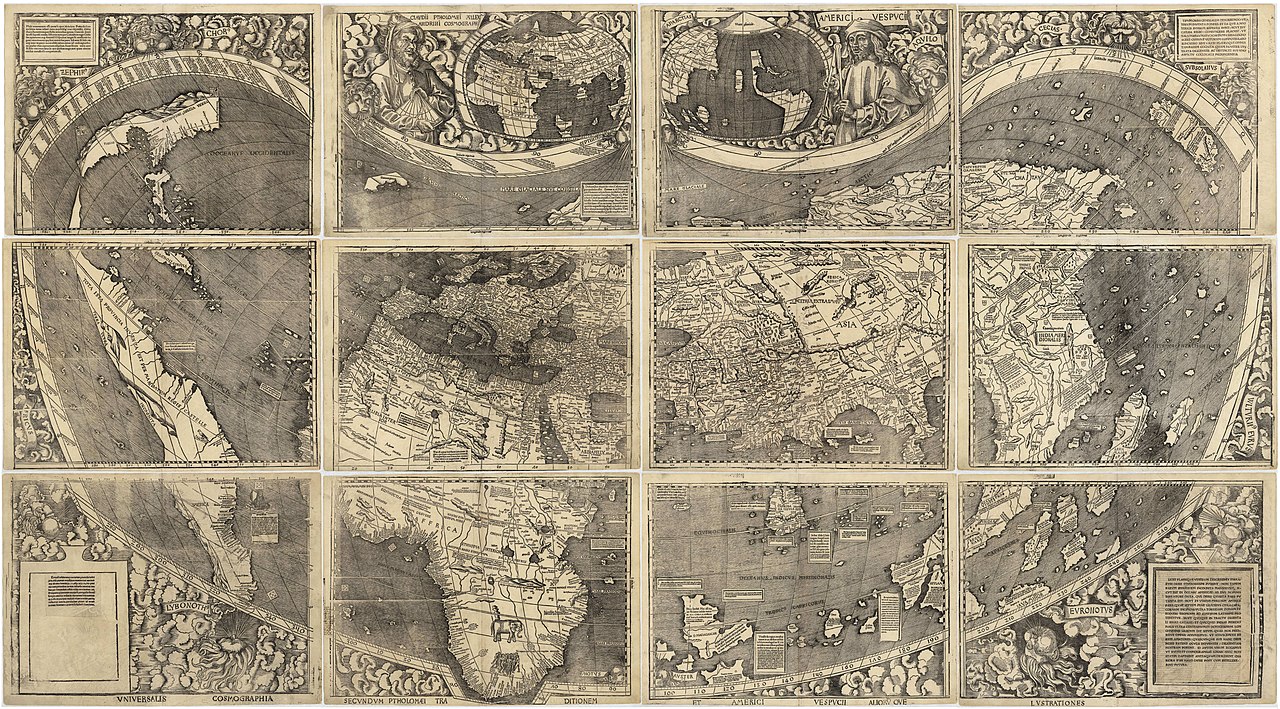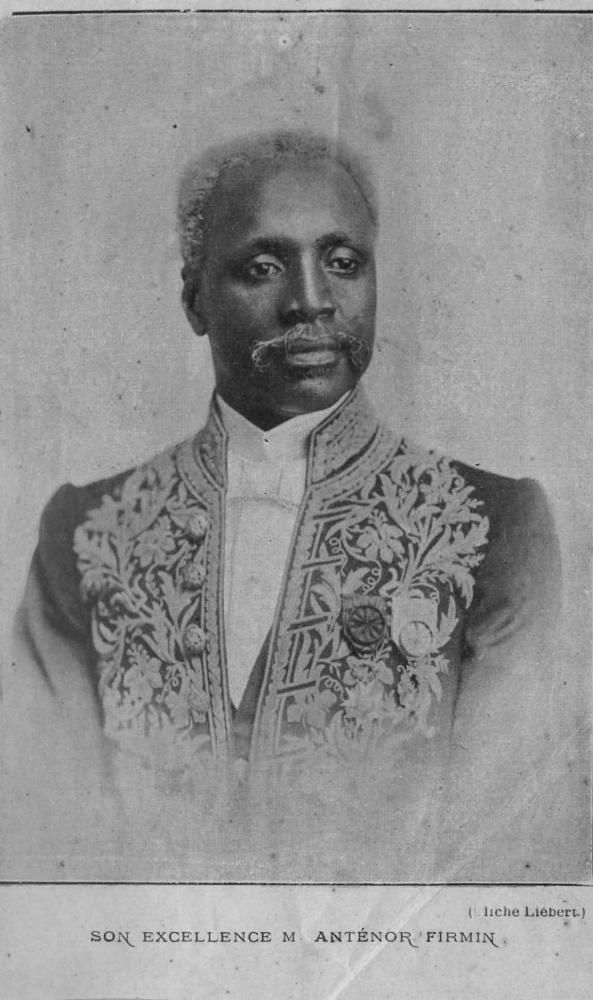I found reading Levinas’ Existence and Existents both challenging and stimulating. At heart, I took his argument to be an extension of the existentialist creed: existence precedes essence. In this instance, existence precedes time. This is why Levinas concludes: “To take human existence as something having a date, placed in a present, would be to commit the gravest sin against the spirit, that of reification, and to cast it into the time of clocks made for the sun and for trains” (97). The hypostasis for Levinas is the “I” — the ego. But this is an ego that relies on existence, not rationality, for its ontological constitution: “The I is not a substance endowed with thought; it is a substance because it is endowed with thought” (87). To talk about the relationship of this ego (the subject) with time, Levinas emphasizes that we must resist conventional understandings of time: “Does not the analysis of economic time, exterior to the subject, cover over the essential structure of time by which the present is not only indemnified, but resurrected? Is not the future above all a resurrection of the present?” (92) Note that this turn to the grammar of political theology invokes the same kinds of alterity that Fabian traces more concretely — in particular the supercessionism that Levinas, as a French Jew studying the Talmud, felt so acutely. In this articulation of time, resisting neoliberal logics of economic time, Levinas notices a problem: “The ‘I’ is not independent of its present, cannot traverse time alone, and does not find its recompense in simply denying the present” (93). So how can we constitute time proceeding from an existentialist ego? “If time is not the illusion of a movement, pawing the ground [a gloss of economic time], then the absolute alterity of another instant cannot be found in the subject, who is definitively himself. This alterity comes to me only from the other.” (93) Levinas has linked time in its constitution to the other. In his understanding, time “is constituted by my relationship with the other, … is exterior to my instant, but … is also something else than an object given to contemplation.” Hence, “the dialectic of time is the very dialectic of the relationship with the other.” For me, at least, this is a profoundly different conception of time.
I think this understanding of time can help us think more clearly about the question Kwame Anthony Appiah poses: Is the post- the same in both postmodernism and postcolonialism? His concluding thoughts in some ways echo Levinas’: “Postcoloniality has become, I think, a condition of pessimism” (353). This echoes Levinas’ articulation of the tragic, and further brings to mind a long tradition of thinkers motivated by a kind of pessimism or skepticism (not least Cornel West’s “tragicomic sensibility”). Another theme shared by the two thinkers is alterity: “Perhaps the predicament of the postcolonial intellectual is simply that as intellectuals — a category instituted in black Africa by colonialism — we are, indeed, always at the risk of becoming otherness machines, with the manufacture of alterity as our principal role.” For Levinas (and for me) the power of the other is profound. Not only does it help us to unsettle the familiar, but it is also fundamental to an existentialist conception of time. But what if, as Appiah seems to suggest, producing these positive forms of alterity also means creating an Other? Reading both Appiah and Levinas, we seem to be stuck in a double bind. Postcolonialism on the one hand resists dominant logics of Othering (as with Said’s Orientalism); on the other hand, it also wants to resist neoliberal logics of time that flatten difference, that reduce the tragic condition of existence to a false commonality (as with the critique of the pseudo-universal citizen-subject). The very alterity that is required to resist the latter seems to reinforce the former. What to do?

